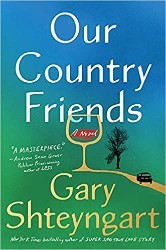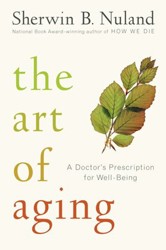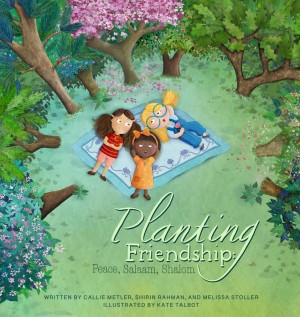A Yiddish lullaby, “Oyfn Veg Shteyt a Boym,” based on the poem by twentieth-century writer Itzik Manger, narrates a story familiar to many readers of Yiddish literature. “If you don’t stand in my way, then, one-two, I’ll quickly become a bird,” a child tells his mother, contemplating leaving a figurative nest for a further tree. The mother, in turn, is overly cautious, advising the child to take a scarf, a fur hat, and winter galoshes, attempting to delay her little one from leaving. In the end, the child narrates sorrowfully, “Her love did not allow me to become a bird.”
Falik and His House by Yiddish-language writer Jacob Dinezon explores similar themes of leaving home for the proverbial next tree. Falik Sherman, a tailor, and his wife Matle live in a house that, despite its sagging roof, is Falik’s greatest pride. So important is the house to him that Falik often perceives his home as having emotions that mirror his own. “A person, a house,” Falik says, “both the same.”
Yet Falik’s house, like its owner, has fallen into old age, and its roof is full of holes that he can’t afford to repair. Falik’s children encourage him to sell the house to a wealthy neighbor and join them in America. “Ever since Jews began sailing for America, the parents have become chickens, and the children — ducks! We stand at the edge of the water and watch with dread as our children swim across the ocean. We can’t swim after them,” Matle weeps, but Falik is less convinced about the prospect of abandoning his house for America. In his hometown, he has the pride of a house he built himself, neighbors who value his trade, and a familiar Jewish identity. Is that not worth fighting for?
Falik and His House was originally published in 1901, and while its narrator’s troubles are specific to the time period, Falik’s conundrum seems like a timeless question about anxiety surrounding Jewish identity. When one’s sense of self is so tied to specific traditions, how does one adapt to a modern age? Is letting go of one’s leaky house an inevitability, or should loyalty to one’s figurative home be able to withstand a flooded living room occasionally?
Dinezon’s novel is a delightful and poignant read precisely because it doesn’t answer these questions. The book depicts Falik’s struggles with humor and patience, without passing judgment on either Falik’s sons in America or Falik’s own predicament. It’s also a pleasure to read a story where the passing of time is so tied to Jewishness; Dinezon marks the changing of the seasons with various Jewish holidays, and Falik’s workload is tied to the busy season at synagogue.
Falik’s story does have an ending, but it’s one that meets the unique needs of the character, rather than sharing a decree for every Jewish character struggling with whether or not to leave the familiarity of the shtetl for the paved streets of New York City. Ultimately, Dinezon seems to be suggesting, there is a tree for every bird. Whether or not Falik should fly away can only be determined by one man (and, of course, his house).
Adina Applebaum is a Program Associate at the Whiting Foundation. She lives in New York.





